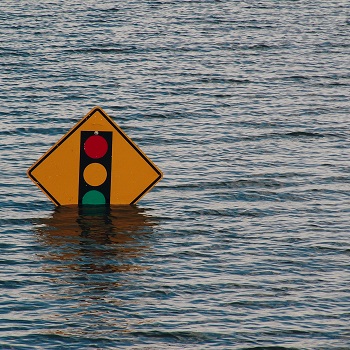Libyans Win Their Freedom but Europe’s Response Falls Short
The triumph of Libya’s National Transitional Council culminating in the death of Colonel Gaddafi owes everything to the support provided by NATO air operations under UN Resolution 1973, yet the UN involvement and the military action which followed would never have happened without the determination of President Nicolas Sarkozy and Prime Minister David Cameron. Their commitment to an admittedly high-risk undertaking has been decisively vindicated by the outcome.
The whole episode has been quite a baptism for the Franco-British military co-operation promised at the time of the British Defence Review 12 months ago. It has also demonstrated highly effective diplomatic co-operation between the two countries.
Response to the Libyan revolution has clarified the respective roles of NATO and the European Union, but it has also underlined the failure of so many European countries to translate a political commitment into genuine participation. Nick Witney, former head of the EU Defence Agency, has noted that only eight of the 28 NATO nations which approved the Libyan operation made a practical contribution to the campaign.
As Witney said, surely intervention to save the people of Benghazi was “one of the simplest geostrategic, moral, political decisions that one would have to take”. He fears for the future of NATO.
Europe’s underperformance does not bode well for the future of a European Defence and Security Policy either. No wonder the US Secretary of State castigated Europe for expecting the United States to do all the heavy lifting! Even those European countries which did perform had to turn to the US for missiles, weaponry and guidance systems because their own forces were so ill-equipped. What on earth does the ESDP, with its military staff, its “rapid response” Battle Groups and its regular meetings, actually do all day? Its primary task now is surely to begin co-ordinating with NATO to ensure that emergency demands can be met.
On the political front the Libyan operation should have been the occasion for a united European stance, but Germany’s decision to abstain in the UN vote on Resolution 1973 demonstrated the difficulty of agreeing common EU positions when lethal force is to be used, even where the justification is the protection of civilians.
The German position also showed the limits to any effective EU defence initiative which goes beyond peace-keeping operations such as in the Congo and the Balkans or the anti-piracy patrols in the Indian Ocean. What’s more, the involvement of the United States, which was so crucial to the outcome, required the framework for action which NATO provided.
The challenge now will be the building of the peace, so that while those guilty of war crimes are punished, the country is not plunged into the chaos and blood-letting which can so often follow civil war. This will be a real test of the EU’s abilities for helping with the creation of new institutions, strengthening of civil society and the reconstruction of the Libyan economy.
The EU has been active in its support of the Libyan revolutionary process. It has already provided significant funds and has now promised a further 60 million euro for democratisation and civil society, public administration and social and economic development, together with the opening of a representative office in Tripoli. For this new phase Europe should be ideally placed for the exercise of the soft power on which the Union prides itself.
Find Out More
-
Why Europe needs a water resilience strategy
February 8, 2024
-
Why the EU can’t risk failure at COP27
November 4, 2022


